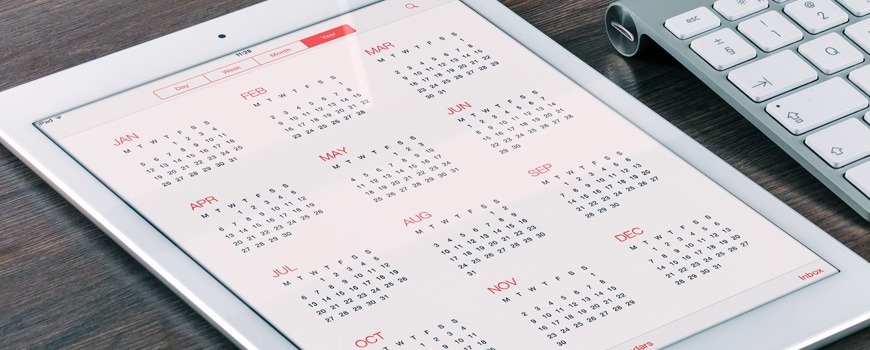Make the most of End of Year Tax Planning
Taxation becomes seemingly more complex with each passing year but with good financial and tax planning advice and “joined-up thinking” you can optimise your position and make incremental changes which add substantial value. Major changes to taxation for individuals take effect on…
Blog9th Mar 2016
Taxation becomes seemingly more complex with each passing year but with good financial and tax planning advice and “joined-up thinking” you can optimise your position and make incremental changes which add substantial value.
Major changes to taxation for individuals take effect on 6 April and it is important to review whether you are making proper use of reliefs and allowances while they are available:
- Personal and Basic Rate Tax Allowances – the first £10,600 of income is tax free and those with income below £42,385 pay lower rates, so check that you and your partner are using your allowances effectively, and consider whether income generating assets could be better shared between you to save tax.
- Dividends – if you can influence the timing of dividends on private shareholdings consider accelerating these as tax on dividends rises by up to 7.5% from 6 April.
- Pension Contributions – consider contributions of up to £180,000 to use Annual Allowances for this and the previous 3 tax years, to claim higher rate tax relief.
- Charitable Donations – accelerate donations and claim higher rate tax relief.
- Capital Gains Tax Exemptions – sell shares within your investment portfolio, or realise other assets to generate £11,100 of tax free gains in each tax year.
- Adult and Junior ISA’s – £15,240 and £4,080
- Regular Gifts out of Income and Gifts Exemption – make use of the £3,000 annual gift exemption and make gifts from surplus income to reduce the value of your estate exposed to Inheritance Tax.
From 6th April 2016, new allowances could influence how best to hold investments:
- Dividends – the first £5,000 will be tax free but thereafter increased rates apply; ranging from 7.5% from 38.1% (previously 0 – 30.6%)
- Personal Savings Allowance – the first tax £1,000 (or £500) of interest will be tax free for basic (or higher) rate taxpayers, and banks will now pay interest gross instead of deducting tax at source.
- Pension Annual Allowances – 45% taxpayers face a potential reduction in the amount they can pay from £40,000 to as low as £10,000 and maximising Annual Allowances is therefore of greater importance.
- Pension Lifetime Allowance – the maximum tax free fund limit is reducing from £1.25m to £1m.
In respect of property:
- Buy before 1st April – 3% is added to Land and Buildings Transaction Tax (LBTT) on second homes and buy to let properties.
- Wear and Tear allowance abolished – the notional allowance of 10% of rents has been replaced by an allowance for the actual cost of replacement items, so it makes sense to delay the replacement of furnishings etc until after 6 April.
- Interest Relief – relief for finance costs is to be gradually restricted from April 2017 and it is advisable to consider refinancing options over the next 12 months.
For more information contat Lynn Gracie, Private Client Tax Senior Manager, lynn.gracie@aab.uk
